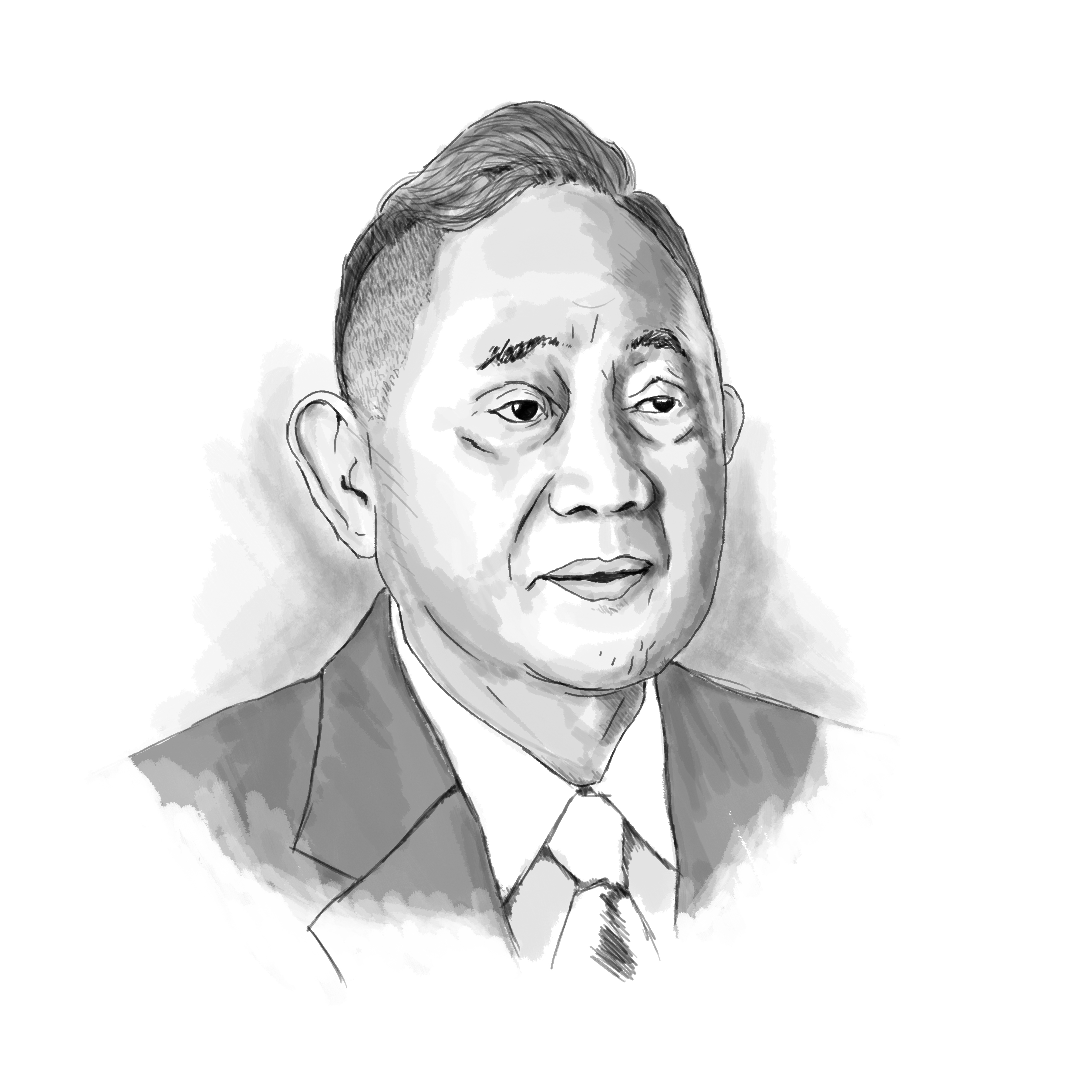An economic ideology for the developing countries
PEACE-MAKER

In the course of our modest ventures into political party and parliamentary diplomacy in Asia and the international community, we consistently spoke about the need to develop a system of ideas and ideals that will make globalization work for all our peoples.
In our view, the East Asian idea of the market and the state not as competing but as complementary operating systems can become the basis of a new economic model, particularly for the poor countries entering the global economy for the first time. And we believe such a model should combine the best elements of both capitalism and socialism.
We regard capitalism’s best element to be the individual enterprise that capitalism stimulates. Self-interest generates the entrepreneurial drive that produces invention and innovation, the motive powers of industrial progress.
Capitalism’s principal failing lies in the progressive debasement of this “self-interest principle.” Competition, unrestrained, all too easily degenerates into an every-man-for-himself ethic. And, ultimately, this kind of anarchic competition produces not only tremendous disparities in wealth and power but also despoils the global environment.
Socialism, as we know, evolved in response to the excesses of capitalism during industrialism’s early years.
Today’s social democrats contend that citizens in a political democracy should have some say in its economic decision-making as well. For only when people have a say in the economic system will once-and-for-all solutions to basic social problems such as poverty, ignorance, and disease be possible.
The sense of community that socialism teaches is also part of its attraction for everyday people.
As for socialism’s downside, we all know from historical experience how easily communism degenerated into totalitarianism. But even democratic socialism is susceptible to bureaucratic tyranny, to anonymous and unaccountable civil servants making decisions better left to the market.
In our view, the individual initiative that capitalism stimulates, combined with socialism’s compassion for those whom development leaves behind, should become the basic element of a new economic model for our globalizing world.
Obviously, building this new economic model won’t be easy. All we now know, from recent experience, is that the market by itself is not enough.
Capitalism’s natural drive is to maximize returns on capital. It has no internal governor to check its social behavior. Left to itself, the market remains indifferent to the ethical dimensions of what its workings do to vulnerable people.
Obviously, government must reassert its powers to regulate markets and protect the rights of people from runaway capitalism. Of course, government cannot solve all our problems. But government should do the things people cannot do for ourselves.
We propose that the concept could integrate the finer features of Germany’s “social market” economy and should operate under the aegis of a liberal constitutional democracy committed to free elections, free markets, and a free press.
In China, Deng Xiaoping advocated, and started off, something similar, a Chinese “system neither Marxian socialism nor (Adam) Smithian capitalism but something in between and better, which can be called Confucian synergism.”
We do not know in detail what specific ideas and ideals will shape this new economic ideology. We only know we need to find a way out of our seemingly endless cycles of boom-and-bust.
We also know we should respond to the needs, wants, and hopes of ordinary people the world over, whether those in the emerging countries or in the failed states or those peoples in advanced countries suffering from grave financial crisis, who desire no more than secure employments, adequate incomes, and decent livelihoods.
It may be useful to conceptualize a new economic consensus that treats the new ideologies not as competing but as complementary systems.
(This is a reprint of our column dated April 17, 2022)